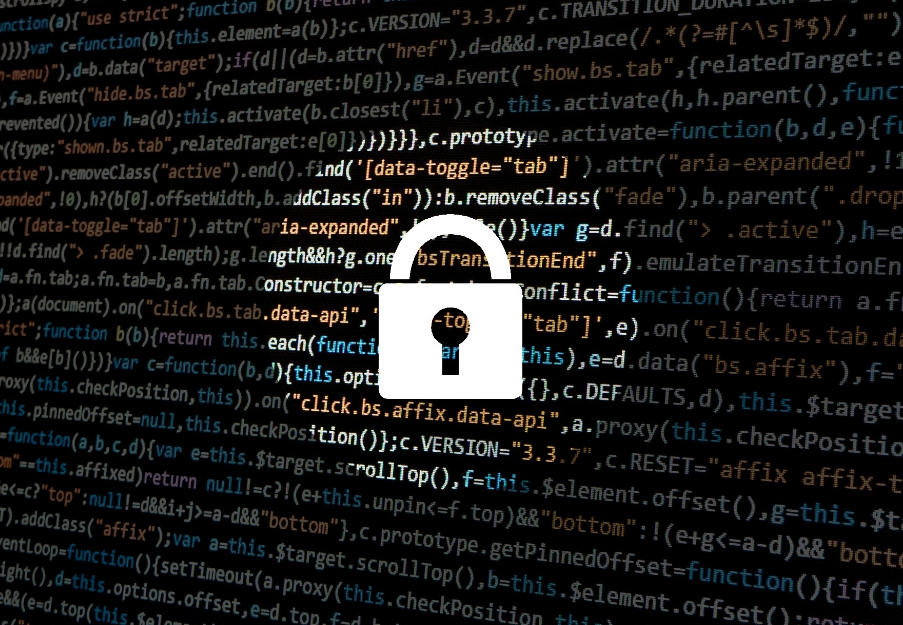Protecting your business should be a top priority no matter the size of your company. Even larger companies such as MyFitnessPal have suffered data hacks.
In March 2018, MyFitnessPal (UnderArmour) had 143.6 million records attacked. You might wonder what you could do to protect your company from these hacks.
There are various steps that you as a business owner can take today. Read this guide on small business cybersecurity and how you can protect your company from danger online.
Managed IT Services
One top consideration for your company is hiring managed IT services. They can perform audits and try to penetrate your system.
If they’re able to access it, they’ll go over what you can do to ensure that your company is more secure online.
Secure Passwords
IT security for small businesses needs to include secure passwords. Never use the same password more than once. This allows hackers to access multiple accounts that you might have.
Go over safe passwords with your employees that won’t be easy for hackers to figure out. Provide training for them and be sure that they change their password once every few months.
Passwords need to have a mixture of lower and uppercase letters, numbers, and symbols. Avoid using personal information such as the name of their pet, favorite color, etc.
Virtual Private Networks
Virtual Private Networks (VPNs) are great at keeping your information private.
All information that enters and leaves your device will be encrypted. If they do manage to hack into the information, it’ll all be encrypted.
Use Firewalls
One of the top small business cybersecurity tips includes using a firewall. While your software might already have a firewall, consider a more advanced option.
Another option is a hardware firewall. Even if they don’t have a software firewall, your employees will still be protected. Keep in mind that remote employees won’t be protected by a hardware firewall.
Secure Mobile Devices
Being in a digital age, you might use your mobile device for your business. You can use a VPN for your mobile device to keep it secure.
Consider mobile devices that are only used for office space. If you use them for personal reasons, too, it might be easier for a hacker to access them.
Don’t open attachments, links, messages, or emails from unknown sources. Double-check all emails and remember that the person sending them might have been hacked.
Have multi-factor authentication on both your mobile device and computer. Consider having a password manager to help you and your employees remember various passwords.
Update Time
Conduct regular patch and software updates. Set them up so that they manually update whenever there’s one available.
Security patches will protect you from hackers, too. Without the patches, hackers can access your router and other devices that are connected to it.
Update Employees
Employees should know what to watch out for when they’re online.
Teach them about different links and attachments that they should never open. Tell them how they need to double-check all emails, since some hackers will impersonate companies.
Many hacks occur due to human error. Be mindful of employees in your company and watch out for any suspicious behavior.
Regular Risk Assessments
Have regular risk assessments at your company to ensure that you’re protected.
Think about different hacks that could occur and how you can better protect your company.
Perform regular data backups. If there’s ever a natural disaster or you are hacked, you’ll want to know that you have a backup of the information.
Secure Your Wi-Fi
Have a password for your Wi-Fi to control who can use it. Change the router password on a regular basis, and ensure that it’s not easy to figure out.
Be sure that all of the devices connected to the router are secure as well. Consider data encryption along with strong passwords. Use Wi-Fi names that don’t let people know the name of your business.
Use Antivirus Software
Use antispyware and antivirus software and keep it updated.
Pay attention to the different updates and patches that are available. Ensure that all software will install the updates automatically.
Secure Payments
Speak with your bank or the company performing your card processing to make sure it’s secure. Find out what anti-fraud tools they use.
Keep payment systems away from less secure programs.
Control Access
Stop unauthorized people from accessing your business computers. Keep computers and laptops locked at all times when not in use.
If someone wants to use them, they’ll need to know the password. Only allow those personnel and IT staff that you trust to use the computers.
Document Policies
Keep network security and device best practices in a document. Post the document in a location for all employees to see.
You’ll also want to email a copy to all employees at your business. Have a meeting with your employees to go over any questions that they might have.
Why Bother With Cybersecurity Protections?
You might not even know that your information was hacked into. If you are, you’ll notice that your reputation, finances, and many other things could be ruined.
If you wait until a problem occurs to do anything, it might be too late.
How To Implement Small Business Cybersecurity
This guide provides you with an overview of small business cybersecurity, but you shouldn’t stop here. Research as much as possible and consider hiring external help.
Would you like to read more informative content? Be sure to check out our other articles on our site today!




























































